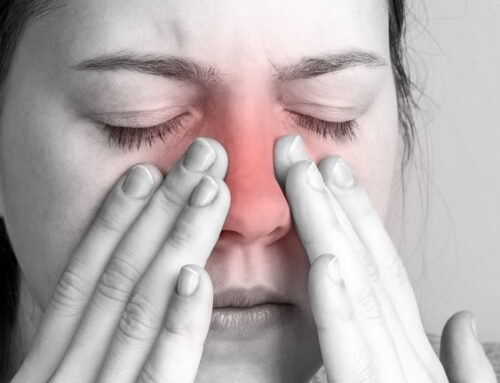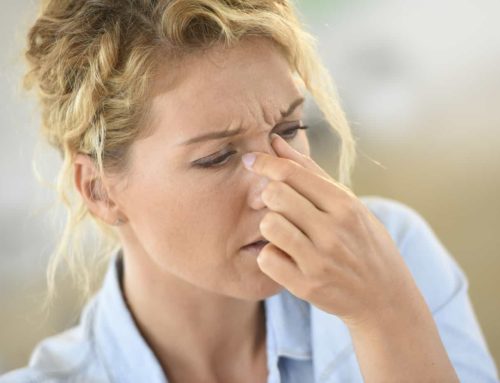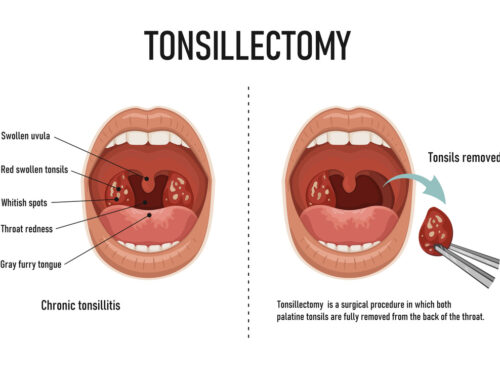Aspiration is when food or drink enters the lungs or airway instead of being swallowed and entering the stomach. When smoke, dust or fumes are breathed in, this is also known as aspiration. The condition also occurs when something from the stomach, such as regurgitated food, goes back into the throat and enters the airways. People with impaired physical mobility are at an increased risk of aspiration, as well as those with neurological disorders. Let’s take a closer look at the symptoms of aspiration, causes of it, risks associated with it, and treatment.
What are the symptoms of aspiration?
Sometimes aspiration is obvious right away because it causes coughing in order to bring the substances back up. When coughing doesn’t occur, signs of aspiration include:
– Sensation of something stuck in the throat
– Pain or discomfort when swallowing
– Coughing when eating or drinking
– Congested nose and throat after eating or drinking
– Wet, gurgling voice during eating
– Excess saliva in the mouth
– Heartburn or other chest discomfort
– Shortness of breath when eating
– Fever that starts within 30 minutes of eating
– Chewing problems
– Frequent bouts of pneumonia
Symptoms of aspiration in children and infants include:
– Wheezing and other breathing problems
– Weak suckling
– Rapid breathing or stopped breathing during feeding
– Grimacing, red face or watery eyes during feeding
– Fever after feeding
– Frequent bouts of lung infections
What causes aspiration?
Aspiration can happen to anyone as a result of eating or drinking too quickly. However, when it happens frequently it’s often caused by dysphagia, which is difficulty swallowing. Dysphagia can occur with a huge range of health conditions, including:
– Acid reflux
– ALS (amyotrophic lateral sclerosis)
– Dementia
– Dental problems and mouth sores
– Developmental disabilities
– Fatigue
– Frequent vomiting
– GERD (gastroesophageal reflux disease)
– Head or neck injury
– Loss of muscle tone or function
– Multiple sclerosis
– Parkinson’s disease
– Seizures
– Stroke
– Throat cancer
– Vocal chord disorder
In children, dysphagia and aspiration can be caused by:
– Brain damage
– Cleft palate
– Delayed growth
– Spinal muscular atrophy and other muscle diseases
– Nerve problems
Sometimes dysphagia and subsequent aspiration can be a side effect of medications or other treatments, such as:
– Breathing machines
– Chemotherapy
– Feeding tubes
– Radiation therapy
What are the potential complications of aspiration?
When aspiration occurs frequently, it can lead to a variety of complications. Some people experience dehydration, weight loss and malnutrition as a result of having difficulty eating and drinking.
Sometimes aspiration can lead to infection of the lungs and airways, or damage to the tissues in these areas. Aspiration pneumonia is a type of infection caused by aspiration that leads to tissue inflammation and the gradual buildup of fluid on the lungs that inhibits breathing. Without treatment, aspiration pneumonia can be life-threatening. Symptoms include:
– Chest pain, especially when coughing or breathing deeply
– Fever, chills and sweating
– Persistent cough that produces an odorous mucus
– Sense of suffocation
– Shortness of breath
How is aspiration diagnosed?
If symptoms of aspiration are present, doctors first perform a physical exam of the mouth and throat for evidence of anything lodged in the airways. There are several tests that can be performed to check for any substance trapped in the throat or lungs, or to assess swallowing function and identify the cause of the aspiration.
X-rays are a common way for doctors to establish how much of a substance has been breathed in. Sometimes an endoscope is used to assess swallowing function. This is a small, flexible tube that contains a camera to take pictures of the throat. A bronchoscopy is a similar procedure only the tub is inserted into the airways to take pictures of the inside of the lungs.
How is aspiration treated?
The body usually deals with aspiration itself by triggering the cough or gag reflex to expel the substance. In these cases, there’s no need to seek treatment unless symptoms persist. If aspiration happens regularly, it can be helpful to consult a doctor to determine the cause of the problem. In treating the condition which causes aspiration, you can reduce the risk of experiencing infections or other complications from aspiration in future.
Sometimes coughing after aspiration can last a couple of hours. If the cough persists, produces discoloured mucus or produces blood, it’s important to consult a doctor. If an infection is present they will administer antibiotics and provide oxygen.
How can I reduce the risk of aspiration?
If you’re at an increased risk of aspiration due to existing health conditions, you can prevent it by:
– Cutting food into smaller pieces
– Eating little and often
– Avoiding dry or sticky foods
– Swallowing food before taking another bite
– Avoid talking while eating or drinking
– Maintaining good posture while eating
– Quitting smoking






